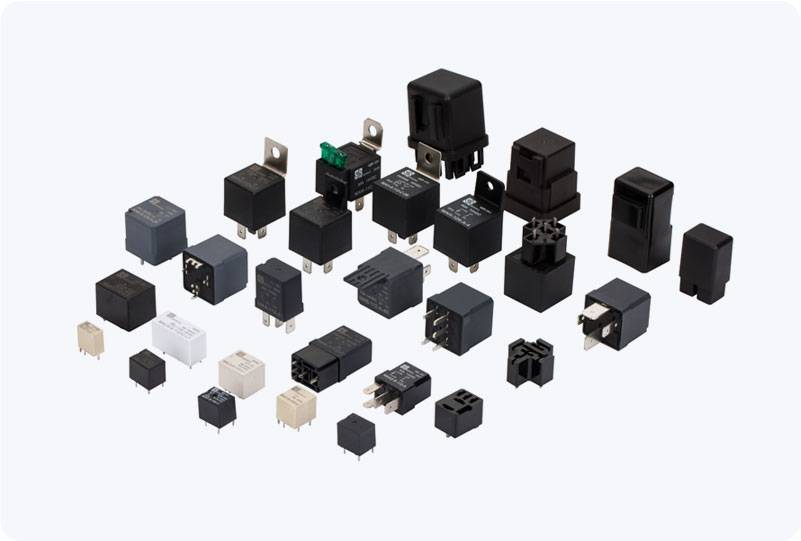Relay manufacturers play a vital role in the development and operation of electrical systems, providing the necessary components that help ensure the safe and efficient functioning of everything from industrial machinery to household appliances. Relays, essentially electrical switches, are designed to control circuits by opening or closing them based on a low-power signal. This functionality makes relays indispensable in a wide variety of industries, including automotive, telecommunications, power systems, and industrial automation.

Understanding the Relay At its core, a relay is an electrical device that opens or closes a set of contacts in response to an input signal. The signal can be either an electrical current or voltage, and depending on the relay’s design, it can be activated by either a low-power signal or even a mechanical movement. Relays come in several varieties, including electromagnetic, solid-state, thermal, and time-delay relays, each designed to serve a specific purpose within an electrical system. Electromagnetic relays use the power of electromagnets to activate the switch mechanism. These are commonly found in systems that require high levels of electrical isolation between circuits. Solid-state relays, on the other hand, use semiconductor components to perform the switching action and have no moving parts, offering better durability and faster switching times. Thermal relays are primarily used to prevent electrical overloads by tripping the circuit when the temperature exceeds a predefined limit. Lastly, time-delay relays are employed when a circuit needs to be activated or deactivated after a specific time interval.